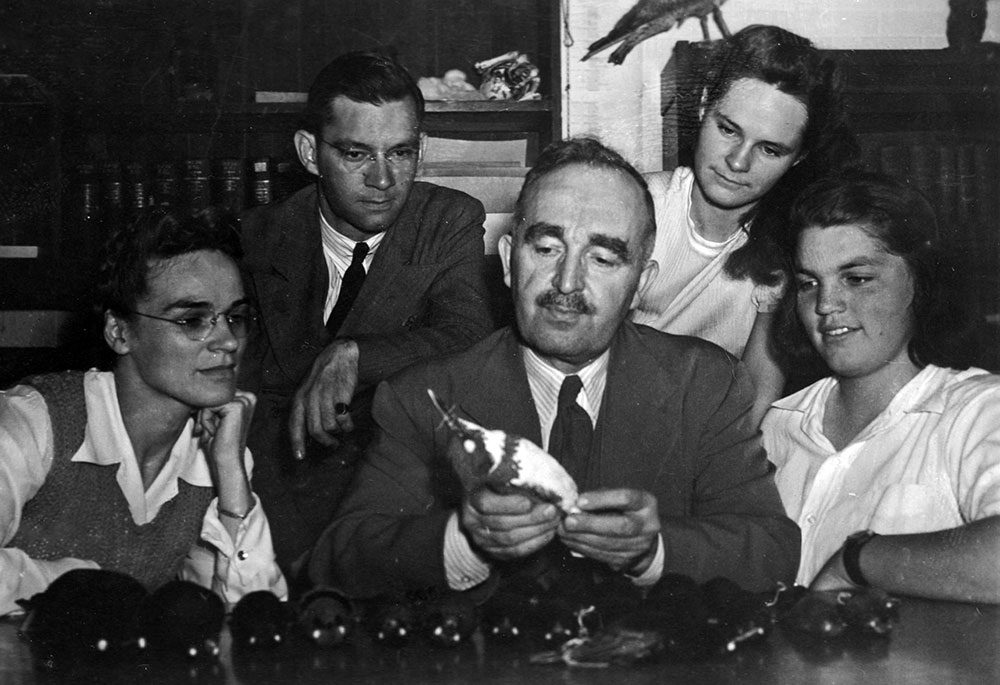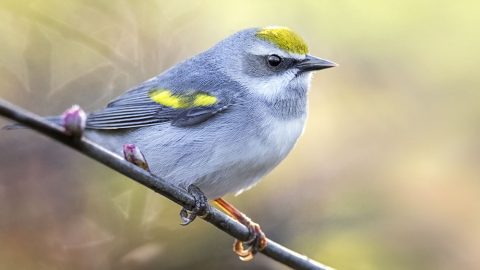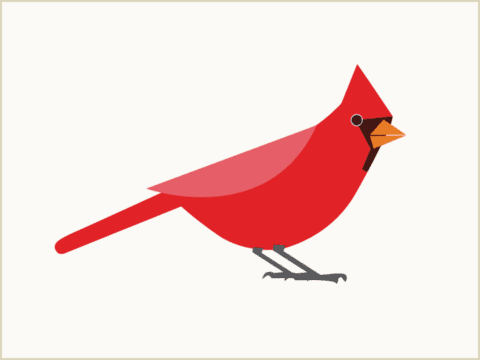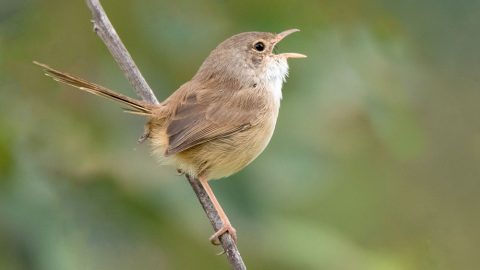The Ornithologist Who Refused to Be Limited by 1950s Expectations of Women
By Bob Montgomerie
June 17, 2019
From the Summer 2019 issue of Living Bird magazine. Subscribe now.
Brina Kessel was born in Ithaca, New York, to graduate student parents who both took ornithology classes from Arthur A. Allen, the founder of the Cornell Lab of Ornithology. In college Kessel enrolled as an undergraduate at Cornell, where she became acquainted with Allen and Paul Kellogg, occasionally helping them with their frog and birdsong recordings. Many of the undergraduate men in the 1940s were away from school contributing to the war effort, so Kessel was not held back by the sort of misogyny that might have limited her opportunities for research as an undergrad.
Kessel enrolled at the University of Wisconsin in 1947 to seek an advanced degree and learn from Aldo Leopold. Unfortunately, Leopold passed away from a heart attack soon after she enrolled, and then she learned the University of Wisconsin would not allow women to pursue a PhD in wildlife management. So she returned to Cornell for doctoral studies on starling ecology under Allen’s supervision.
Kessel landed her first job as a lecturer at the University of Alaska Fairbanks and before long was head of the department. Soon after her faculty appointment, she put in a proposal to travel by boat down the Colville River studying the birds of that region with her grad school friend (and future Cornell ornithology professor) Tom Cade. That river, however, flowed into the U.S. Naval Petroleum Reserve on Alaska’s North Slope, and she was told: “You can not come up on to the Reserve because the Navy will not allow any woman on the Petfore Reserve unless they are married, and with their husband.” Kessel was sorely disappointed but sent a male University of Alaska freshman in her stead to gather her field data.
Kessel would later lead many field expeditions herself and was elected to serve as the 45th president of the American Ornithologists’ Union in 1992. Kessel passed away in 2016, and her estate created the Kessel Ornithology Endowment Fund at the University of Alaska Fairbanks.
Bob Montgomerie is a professor of evolutionary biology at Queen’s University, Canada. This story is condensed from Contemplating the Tundra, part of the American Ornithological Society’s “Celebrating the History of Women in Ornithology” series.

All About Birds
is a free resource
Available for everyone,
funded by donors like you
American Kestrel by Blair Dudeck / Macaulay Library



